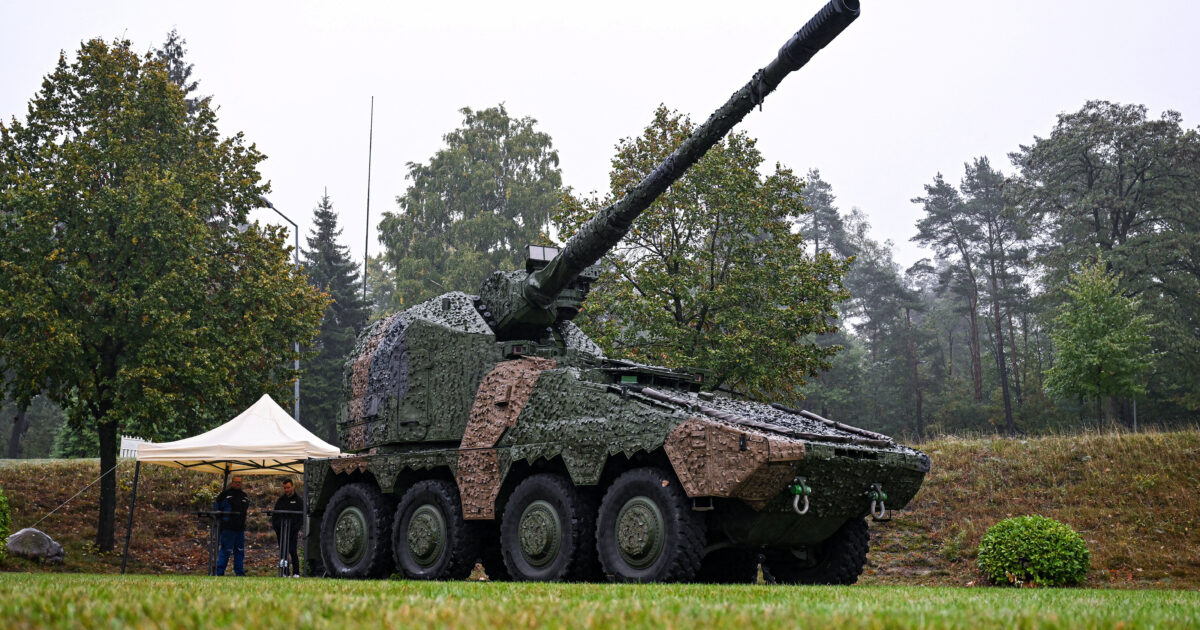The wintering market is expected to receive another blow real estate of Germany, which is affected just like the European market in question (including, of course, Greece) by the housing crisis.
At the core of the housing crisis is, on the one hand, the reduced supply of residential real estate (due to an increase in construction costs brought about by the increase in energy prices and the lack of labor force) and on the other hand, increased demand.
As if the existing gap between insufficient supply and increased demand was not enough, new signals are coming for even lower supply, but also increases in house prices.
As for the increase in real estate prices, it is expected to come from the increasing public investment in defense infrastructure first – first in Germany. As for the signals for even lower supply of residential properties, they come from Germany – again – where yesterday the German Armed Forces (Bundeswehr) suspended the conversion of former military properties for civilian use, a process that began after the end of the Cold War.
The Federal Ministry of Defense justified the moratorium on Monday evening (27.10.2025), citing the planned expansion of the armed forces, which will also lead to an increased need for real estate. Recently abandoned military properties are “essentially suitable for use by the Bundeswehr” and may still be needed, the ministry explained.
Many of the affected areas have already been earmarked by local authorities for development, such as residential or commercial areas, according to German magazine Stern. “We are fully aware of the implications of this decision and know that in many cases, there are already plans to use the affected areas for political purposes,” explained Nils Hilmer, Undersecretary of Defense for Infrastructure.
However, the development of the Bundeswehr “is not only necessary for national and allied defense due to the current threat landscape, but also offers structural policy opportunities for our municipalities and states.”
According to the ministry, the conversion freeze initially affects 187 former military properties owned by the Federal Real Estate Service. In addition, there are 13 more properties still operated by the German Armed Forces (Bundeswehr) and which – contrary to previous decisions – will not be decommissioned. These include, among others, the former air base in Fürstenfeldbruck, Bavaria, and the northern part of Tegel Airport in Berlin, formerly used by the Bundeswehr.
Representatives of municipalities and regions described the decision as difficult, but also expressed understanding. The conversion freeze is a “huge challenge” for affected municipalities, Christian Schuchardt, CEO of the German Association of Cities, told the Bavarian Media Group. In many cities, plans were “already at an advanced stage and expenses had been incurred and contracts signed for political use.”
A spokesman for the Association of Rural Areas said the Bundeswehr’s decision “hit municipalities that already have very ambitious plans to use former Bundeswehr properties particularly hard”. However, the movement of the armed forces is “a natural and necessary condition for the urgent restoration of defense capabilities.”
According to the defense ministry, the properties in question are to be added to the so-called “Bundeswehr strategic property stock”. This stockpile, the ministry explained, “generally includes all properties that are most likely to be used by the Bundeswehr in the coming years due to their military suitability.”
According to the Ministry, the German Armed Forces (Bundeswehr) are coordinating with all involved states and municipalities on this matter. “Where possible, we will try to take existing policy plans into account,” explained Undersecretary Hilmer. In cases with “particularly urgent conversion interests,” discussions are already underway with states, cities and municipalities to consider solutions that take into account both military requirements and local interests, the Department said.
The process of converting Bundeswehr properties for civilian use began in the early 1990s, when the Bundeswehr was significantly downsized after the end of the Cold War. It then continued in the 2010s after conscription was suspended, when many properties were no longer needed to house soldiers.
